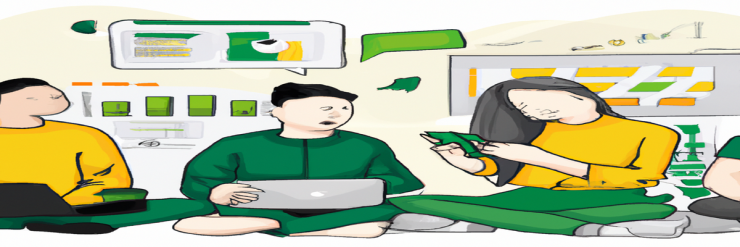How to Build a Career in the Humanitarian and Disaster Relief Industry?
Tutorials

STEP 1. Research the Field:
The humanitarian and disaster relief industry is a diverse field that includes organizations such as the Red Cross, UNICEF, and Médecins Sans Frontières. Research different organizations and the specific roles and responsibilities within them to determine which path aligns with your interests and skills.
STEP 2. Get Education and Training:
Many organizations require a degree in fields such as international relations, public health, or emergency management. Consider taking relevant courses or earning a degree in a field that will prepare you for a career in humanitarian and disaster relief.
STEP 3. Volunteer or Gain Relevant Experience:
Many organizations require applicants to have relevant experience in the field. Consider volunteering with a local humanitarian or disaster relief organization, or gaining experience through internships or other relevant work experience.
STEP 4. Network:
The humanitarian and disaster relief industry is a small field, and networking can be key to finding job opportunities. Attend conferences and events in the field, and connect with professionals in the industry through LinkedIn or other networking platforms.
STEP 5. Apply for Jobs:
Many humanitarian and disaster relief organizations post job opportunities on their websites. Apply for jobs that align with your interests and qualifications, and tailor your resume and cover letter to highlight your relevant education, experience, and skills.
STEP 6. Keep Learning:
The humanitarian and disaster relief field is constantly evolving. Keep up-to-date with current events and developments in the field, and continue to learn new skills and gain experience to advance in your career.
It's important to note that working in this field can be emotionally and physically challenging, and it's important to be prepared for that. Also remember that humanitarian and disaster relief work may require relocating, working in difficult and volatile environments, and being away from family and friends for long periods of time.
